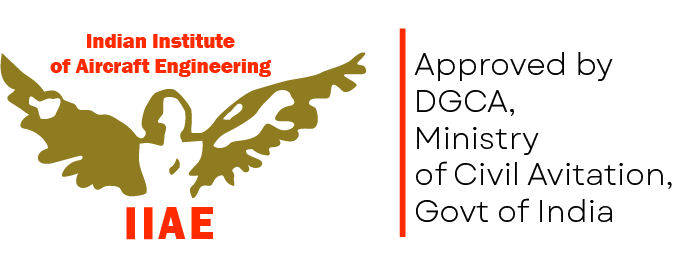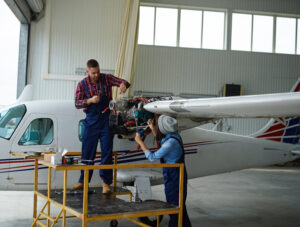Precision, talent, and a dedication to safety are essential for success in the aviation sector. In order to maintain these standards and make sure every aircraft is airworthy, aircraft maintenance engineers, or AMEs, are essential. However, is being an AME impacted by age? Although a love for flying has no age restrictions, it is important for prospective AMEs to be aware of these limitations.
Why Are Age Limits in Place?
Safety and legal concerns are the main drivers of age limitations in AME. This is the reason:
Physical Demands: Maintaining an aircraft can be physically taxing, requiring standing for long periods of time, lifting large parts, and working in cramped areas.
Physical capabilities can occasionally be influenced by age.
Cognitive Abilities: To solve difficult problems, analyze critically, and make decisions quickly, AMEs require strong cognitive abilities. Even though experience is priceless, as people age, some cognitive abilities may deteriorate.
Licensing and Training: AME licensing tests and training programs are demanding. Younger people may be better equipped to adjust to new technologies and rigorous learning.
Career Longevity: When establishing age restrictions, aviation authorities take into account the duration of a prospective career. This guarantees that AMEs can make a meaningful contribution for a considerable amount of time following the issuance of their license.
Managing the Minimum Age Requirement
The country and its aviation regulatory body determine the age restrictions for AME.
Here is a broad summary:
Minimum Age: To apply for a license or enroll in AME training programs, a person must be at least 18 years old in the majority of nations. This guarantees that people are responsible and mature enough for this important duty.
Maximum Age: A maximum age of 30 to 35 years old is typically set by some nations for initial AME licensure. Although less frequent, this shows worries about the physical demands and duration of a career.
No Age Limit: The US is one of many nations that do not have a maximum age requirement for AME licenses. This acknowledges that later-life experience and talents can be quite beneficial when it comes to aviation maintenance.
Entry is Not Blocked by Age:
Although there are age restrictions, prospective AMEs shouldn’t be deterred by them. This is the reason:
Prioritize Eligibility: If you are of legal age, concentrate on completing the remaining requirements, which include education, training, tests, and experience.
Alternative Pathways: Look into alternate routes if you are older than the minimum age required for initial licensing. Certain nations provide specialized certifications or limited licenses with varying age requirements.
Prior expertise: Even if you’re beginning your AME career later in life, it might still be advantageous if you have relevant expertise in engineering or similar industries.
Constant Learning: The aviation industry is ever-changing.
Age-related worries can be offset by lifelong learning and keeping up with emerging technologies.
Conclusion: To guarantee competence and safety, AME has age restrictions. Although these should be taken into account, they shouldn’t discourage driven people from pursuing this fulfilling career. To succeed in the fast-paced field of aircraft maintenance engineering, concentrate on completing the requirements, look into alternate career paths if necessary, and embrace lifelong learning.




